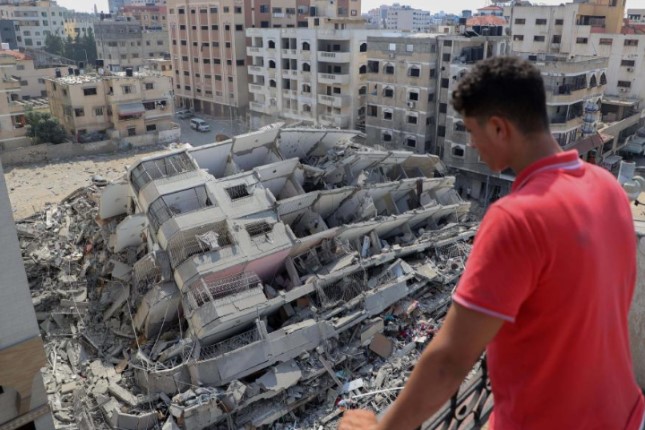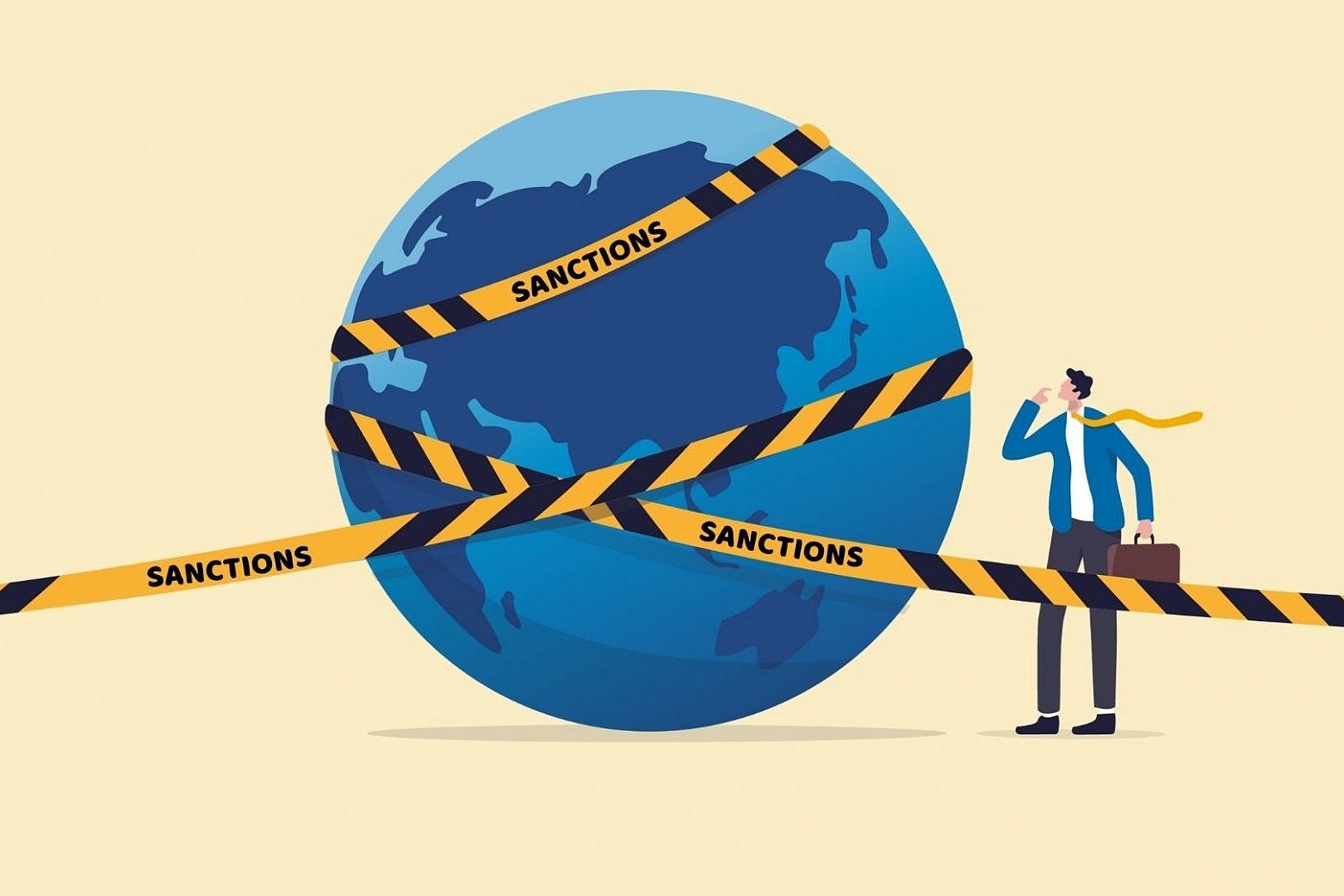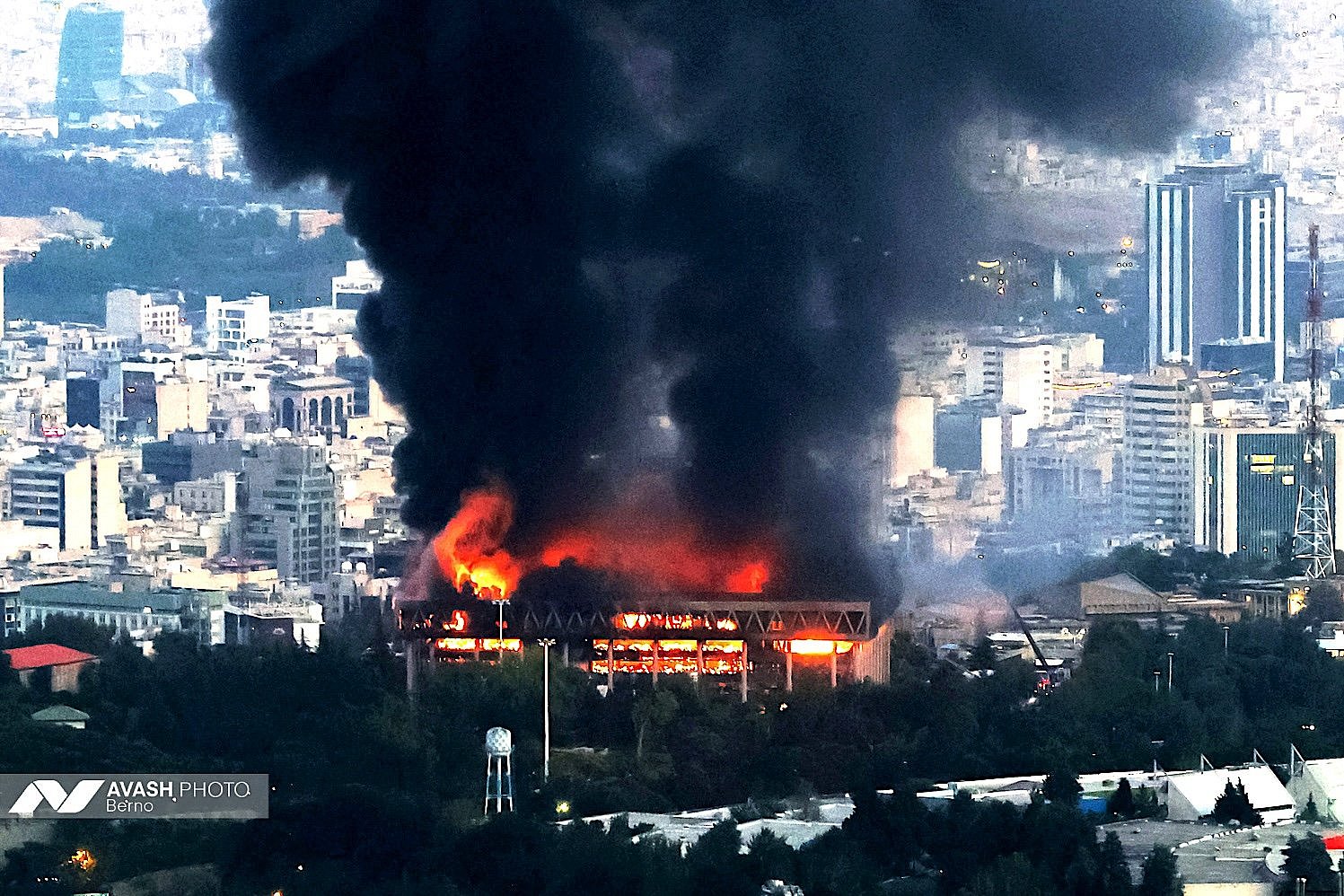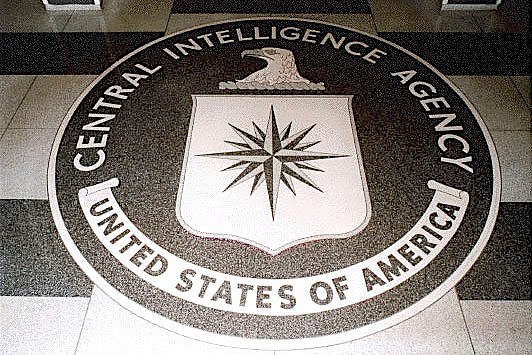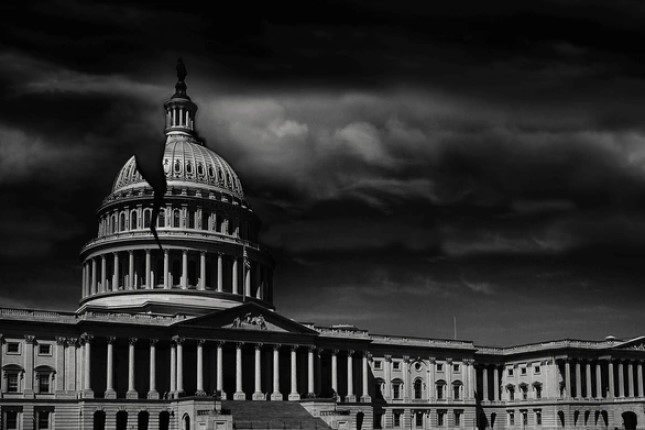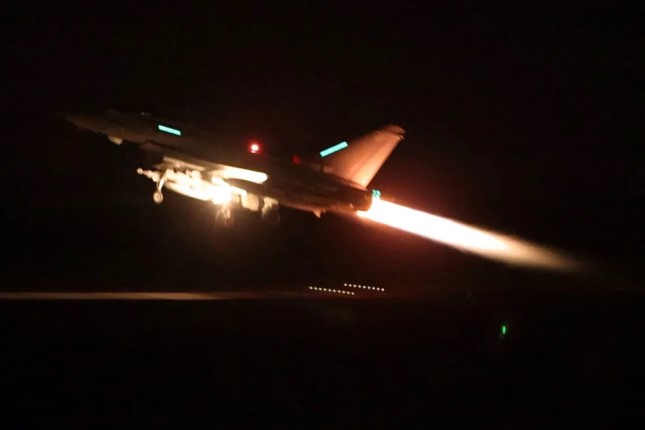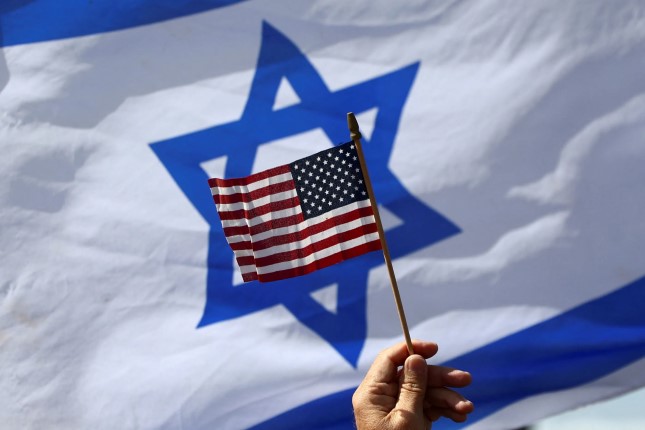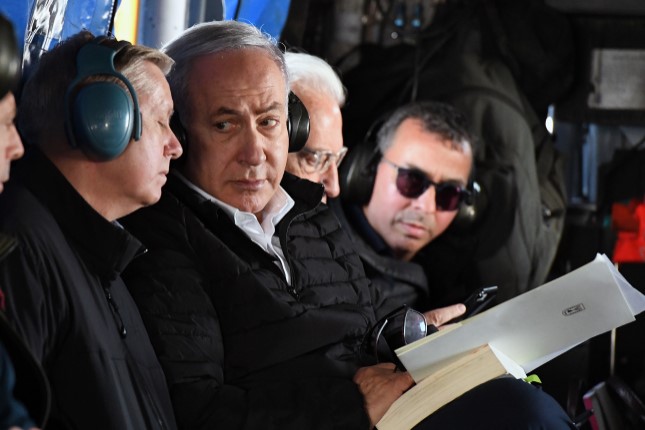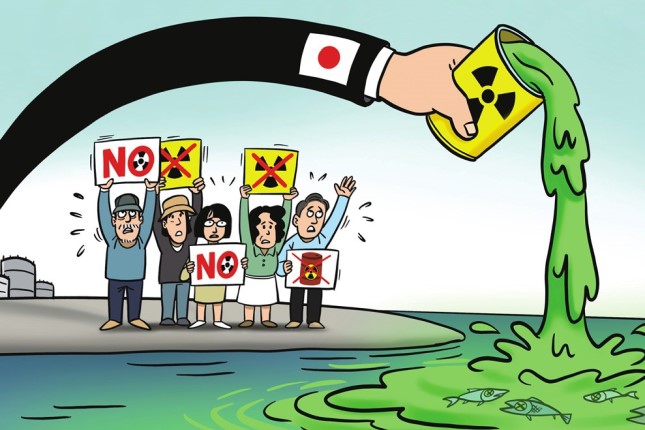The joint statement released on November 8 during the G7 Foreign Ministers' Meeting in Tokyo extensively discussed the Israeli-Palestinian conflict. However, it only lightly urged Israel for a "humanitarian pause" in its military actions in Gaza, without mentioning "ceasefire, end hostilities, or resume peace talks." There was also no mention of implementing the UN General Assembly emergency special session resolution or pushing the UN Security Council to take responsible actions. The signal sent appears to be a tacit approval, or even tolerance, of Israel's military actions in Gaza by the G7. The so-called "humanitarian pause" seems more like a perfunctory gesture from the US and the G7 to the international community.
Of course, this is not a case of the US or the G7 being genuinely weak. In fact, they possess unique influence over Israel and have the power to intervene in the Israeli-Palestinian situation. However, they are unwilling to use this influence and power for the sake of peace and the Palestinian civilians. Their approach to other countries or issues is not the same. It's well known that G7's joint statements often take a moral high ground, meddling in the internal affairs of other countries. But when a true humanitarian crisis unfolds and requires the US and the G7 to take action, their true colors are immediately exposed. In the face of the lives of innocent Palestinian civilians and Washington's political calculations, the US and the G7 unhesitatingly choose the latter, revealing their hypocrisy and blatant double standards.
As UN Secretary-General Antonio Guterres has pointed out, the nightmare in Gaza is more than a humanitarian crisis. It is a crisis of humanity. Some UN officials have expressed profound sorrow, stating that the level of death and suffering is "hard to fathom" and "every day, you think it is the worst day and then the next day is worse." It is evident that as long as the war continues, more violations of international humanitarian law will occur. This is not difficult to comprehend.
Protests have erupted within the US to call for ceasefire. Within the G7, opinions are also not unified; the US vetoed a draft resolution at the UN Security Council where France and Japan voted in favor. When extended to the UN as a whole, there is an overwhelming desire for an immediate "humanitarian ceasefire." However, regrettably, the will of a small interest group or political faction seems to have hijacked Washington, and Washington's will has hijacked the G7, and it's attempting a similar hijacking of the UN.
It's worth noting that in the joint statement of the G7 foreign ministers, besides extensively discussing the Israeli-Palestinian conflict, they also mentioned the crisis in Ukraine and security issues in the Asia-Pacific region. Across all these issues, the statement exhibits a prominent feature of oversimplifying complex problems and taking sides. One could say that the entire declaration is centered around the concepts of "peace" and "security," yet not a single word truly embodies genuine peace or real security. Its effectiveness in addressing regional conflicts and disputes can be easily surmised.
As Zhang Jun, Permanent Representative of China to the UN, has said, absolute security cannot be achieved by imposing collective punishment on civilians, and violence for violence will only exacerbate hatred and confrontation. Allowing the fighting in Gaza to continue could very well turn it into a military catastrophe that will engulf the entire region. This situation of mutual loss is undesirable for all including the US. The hypocrisy of the US and G7 calling for a "humanitarian pause" instead of a ceasefire is not only unethical but also highly volatile and dangerous for the entire world.
Gaza doesn't need a "fake ceasefire"; it needs a "true ceasefire." Only when all conflicting parties immediately cease all hostile activities can genuine peace talks and humanitarian relief efforts unfold. Without a comprehensive ceasefire, any amount of humanitarian aid is like a drop in the ocean.
Photo: A man looks at destroyed buildings following an Israeli airstrike in Gaza City, October 8, 2023 © Xinhua.
Source: The Global Times.
